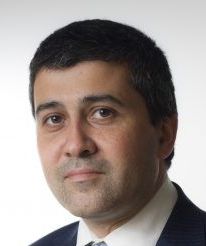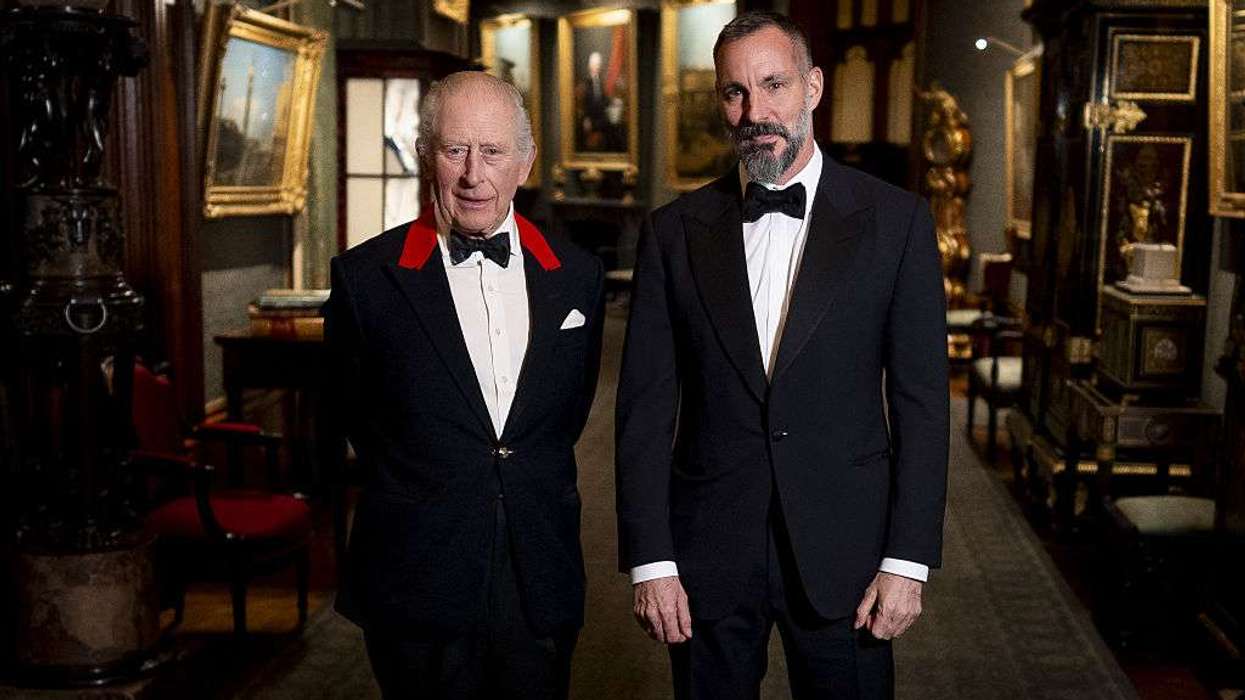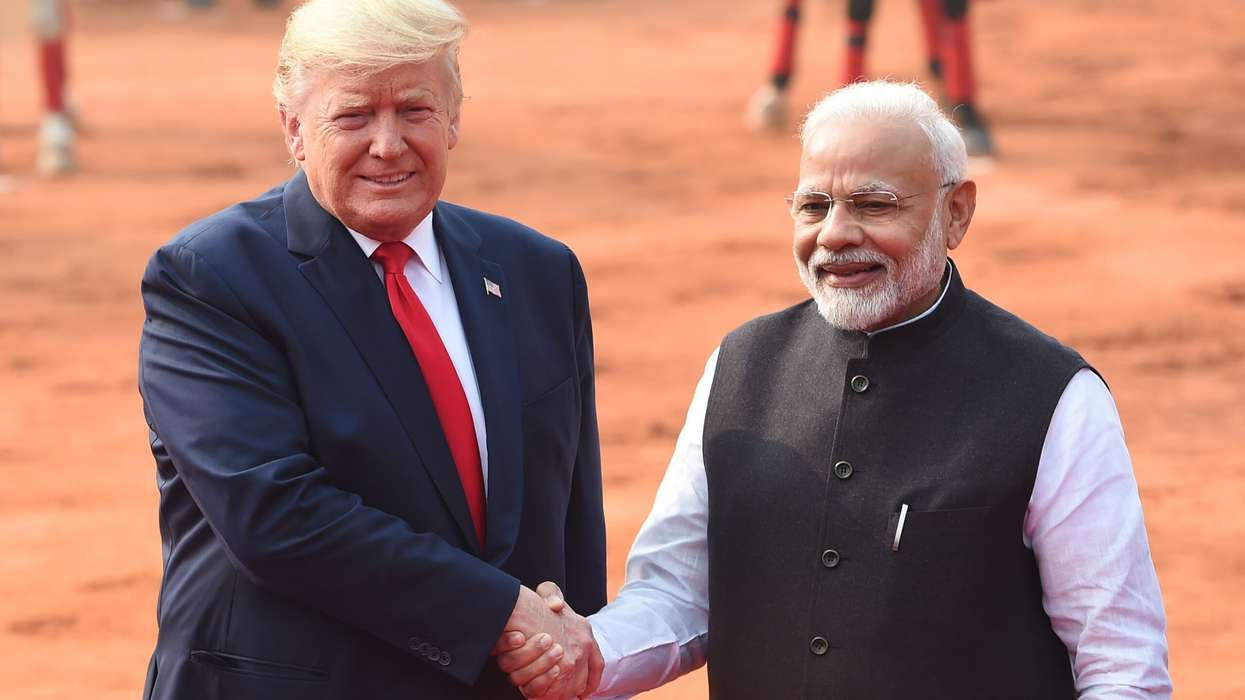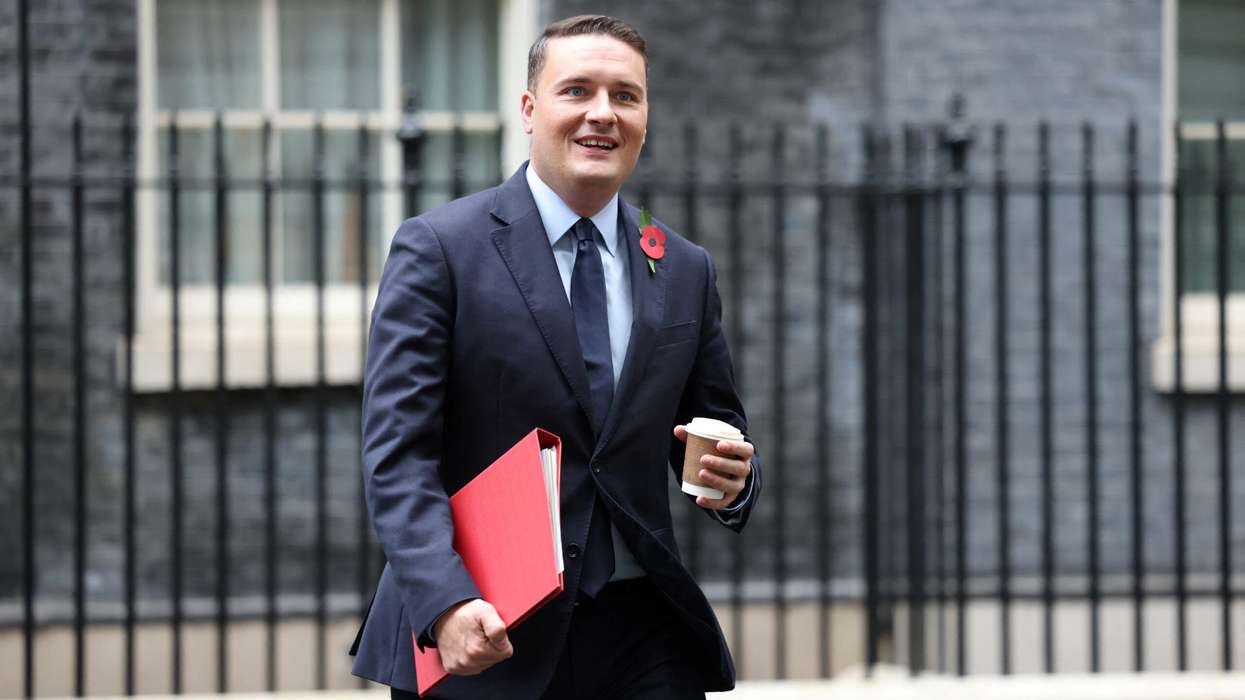ST GEORGE’S DAY – England’s national day on Wednesday (23) – raises the question of whether we could celebrate England more.
Prime minister Sir Keir Starmer will mark the occasion with a reception in Downing Street. He told his candidates not to “flinch” from flying the St George’s flag last year, though Labour tends to place more emphasis on the Union Jack in England.
The Labour leader is sometimes criticised for being too performative in his efforts at a progressive patriotism, but he knows no politician has ever successfully governed a major democracy without engaging with its national symbols.
The question is less whether leaders and institutions should engage with national symbols of pride and patriotism, but how they can do so authentically in a changing society.
England is an unusual country. There are places – the fields near Battle outside Hastings, the Cathedral in Winchester and the Abbey in Westminster, or the oldest buildings in Oxford – where the country’s thousand years of history are visible, creating a palpable sense of timelessness. Yet, the history of England is also a history of significant change in what it has meant to be English – from Henry VIII’s break with Rome and the establishment of an English Church to the last three centuries in which England has been a nation without a state, because it has been part of a multinational United Kingdom, and the broadening out of who feels English over the last half century too.
That history makes England, like the other British nations, a country where most people hold more than one national identity and national flag. For a long time, it was overlooked that the English majority – rather than just those from minority backgrounds – hold multiple and overlapping identities too.
It was a setback for efforts at inclusion that former home secretary Suella Braverman posited that it probably takes five or six generations to become English. Her motive may have been partly a personal feud with former prime minister Rishi Sunak – but her logic was to deny that just about anybody black, Asian or Jewish could yet qualify as English. Research persistently finds that this case for racial exclusion makes no sense at all to the vast majority of people in England. Black footballers wearing the Three Lions of the England team have been a familiar sight for decades now.
The rise of English identity among British Asians born in England has been quieter and less culturally prominent – but identifying with belonging to England, and calling yourself English has become a norm for Asians born in this country too.
Braverman had no sensible rationale as to why neither I nor my children could, in her view, be English in our lifetime, yet this might somehow materialise for their hypothetical great-grandchildren after four more generations.
Who will speak for England today? England has relatively few institutions. British institutions – such as the BBC – think about Scotland, Wales and Northern Ireland, but rarely about an English national dimension. What to do about England has been a largely unanswered question in the pattern of political devolution too, with limited political or public salience either of campaigns for an English parliament, or more technical efforts to organise votes and scrutiny at Westminster over ‘English votes for English laws’.
So an inclusive Englishness has primarily been pursued in sport, especially football. When England played Scotland at Euro ’96, the flags flying around Wembley stadium shifted decisively to the Cross of St George, when Union Jacks had been prominent when England had won football’s World Cup in 1966. Gareth Southgate’s voice was valued in his championing of an inclusive English pride and patriotism. ‘I have never thought we should just stick to football’, he wrote in his Dear England letter.
Now the FA has chosen Thomas Tuchel from Germany as the coach to try to end what will have doubled to ‘sixty years of hurt’ by the 2026 World Cup next summer. Tuchel can carry the footballing hopes of the nation, but he will not seek to emulate Southgate’s role as the voice of a modern England. But an inclusive England should never be the work of sport alone.
One simple starting point would be more cultural recognition of England outside of the sporting stadium too.
St George’s Day is an obvious place to start. Where I live in Dartford, the annual St George’s Day parade, organised by Gurvinder Sandher and Cohesion Plus, has for a decade offered a model of what a confident and inclusive St George’s Day can look like. Our patron saint and his foe the Dragon, flanked by stilt-walkers and Asian dhol drummers, lead a procession of 700 local schoolchildren. The multi-ethnic crowds lining the streets show how this can be a day that extends the idea of a pride in an England that is inclusive – and where everybody feels invited to the party.

Sunder Katwala is the director of thinktank British Future and the author of the book How to Be a Patriot: The must-read book on British national identity and immigration.





